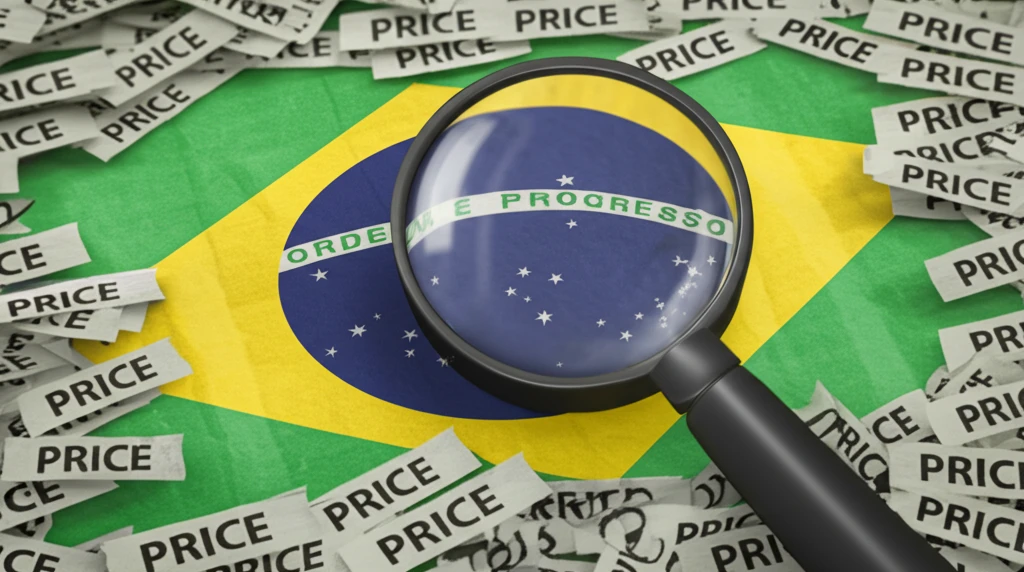
Decoding Inflation: How Consumer Expectations Shape Brazil's Economy
"A deep dive into the factors influencing inflation perceptions in Brazil, from media influence to demographic trends."
Inflation—it's a term we hear constantly in the news, but understanding its intricacies and the forces that shape it can feel like navigating a maze. In Brazil, as in many countries, inflation expectations play a crucial role in determining actual inflation rates. When consumers anticipate rising prices, their behavior (such as demanding higher wages or making purchases sooner) can inadvertently fuel the very inflation they fear.
This article delves into the heart of consumer inflation expectations in Brazil, drawing insights from a research paper that combines consumer surveys, inflation indices, media data, and professional forecasts. By analyzing these diverse elements, we can uncover the key drivers behind how Brazilians perceive and anticipate price changes.
Our journey will take us through the influence of media reporting, the impact of demographic factors like age and gender, and the role of past inflation in shaping future expectations. Understanding these dynamics is essential for policymakers, businesses, and anyone seeking to navigate the complexities of the Brazilian economy.
What Influences Your Inflation Expectations?

Inflation expectations aren't formed in a vacuum. They are influenced by a complex interplay of factors, ranging from personal experiences to broader economic signals. Let's break down some of the key components that shape how Brazilian consumers perceive inflation:
- Media Coverage: The news we consume plays a vital role. Frequent reports about rising prices can amplify inflation expectations, even if the actual changes are moderate.
- Demographic Factors: Age, gender, income, and location all influence how people perceive inflation. For instance, older individuals might have different expectations than younger ones based on their past experiences.
- Professional Forecasts: While not always a primary driver for consumers, expert predictions can indirectly shape expectations, particularly if they are widely publicized.
Key TakeAways for the Everyday Consumer
Understanding how inflation expectations are formed is not just for economists and policymakers. It's also valuable for everyday consumers who want to make informed financial decisions. By being aware of the factors that influence your own perceptions of inflation, you can make more rational choices about spending, saving, and investing. Remember, staying informed and questioning the information you receive can help you navigate the economic landscape with greater confidence.
